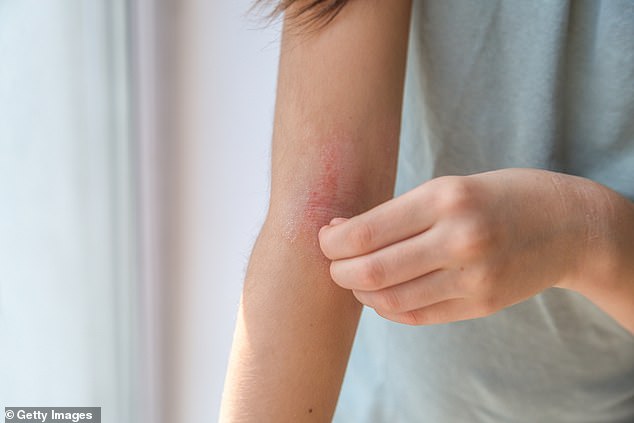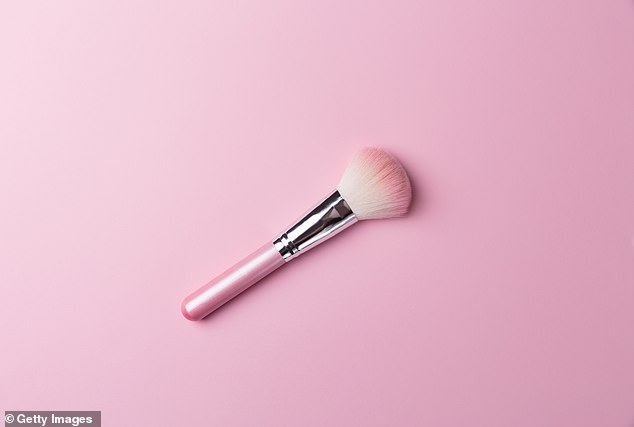While summer may be the time of year most associated with itchy insect bites, winter can bring scratchy skin for a whole different reason. Many people find the plummeting temperatures – plus going in and out of areas warmed by central heating – can lead to itchy or eczema-ridden skin, and resisting the urge to scratch takes iron willpower.
The problem is, once you do give in to the impulse, you enter something called the ‘itch-scratch cycle’. As the National Eczema Society explains, ‘it is scratching that damages the skin, not the itch.’ Intense scratching may temporarily relieve an itch, but it will leave the skin damaged (and potentially broken), which overall makes the problem worse. It can also release inflammatory molecules in the skin that re-trigger the itchy sensation, so you’ll just want to scratch more.

Many people suffer with itchy skin in colder weather.
So what can you do to resist the urge to scratch in the first place? Well, it might sound silly, but scientists have found that simply rubbing or gently stroking the area with your fingers or a soft make-up brush does the job instead.
A study in 2020, led by Tasuku Akiyama, an associate professor of dermatology and cutaneous surgery at the University of Miami Miller School of Medicine, found that stroking the skin of mice halted the itch signal in its tracks – or as they described it, demonstrated the ‘touch-evoked inhibition of itch’. The NHS also recommends patting or tapping itchy skin, rather than scratching it.
Interestingly, it seems that you don’t have to stroke the specific site of the itch in order for this effect to occur – you can stroke a patch three-quarters of an inch from the itchy spot and it will still make a difference. This is particularly significant for those with conditions like eczema where you really want to avoid touching open wounds.

As for your stroking tool of choice, a make-up brush is a good option – a 2021 experiment used a soft brush on the forearms of people who were being given an electrically-induced itch, and the researchers found it was effective in reducing the irritation. Just make sure it is a clean brush otherwise you risk prompting a whole new set of problems…
Share or comment on this article:
How to deal with itchy skin without scratching it, according to science